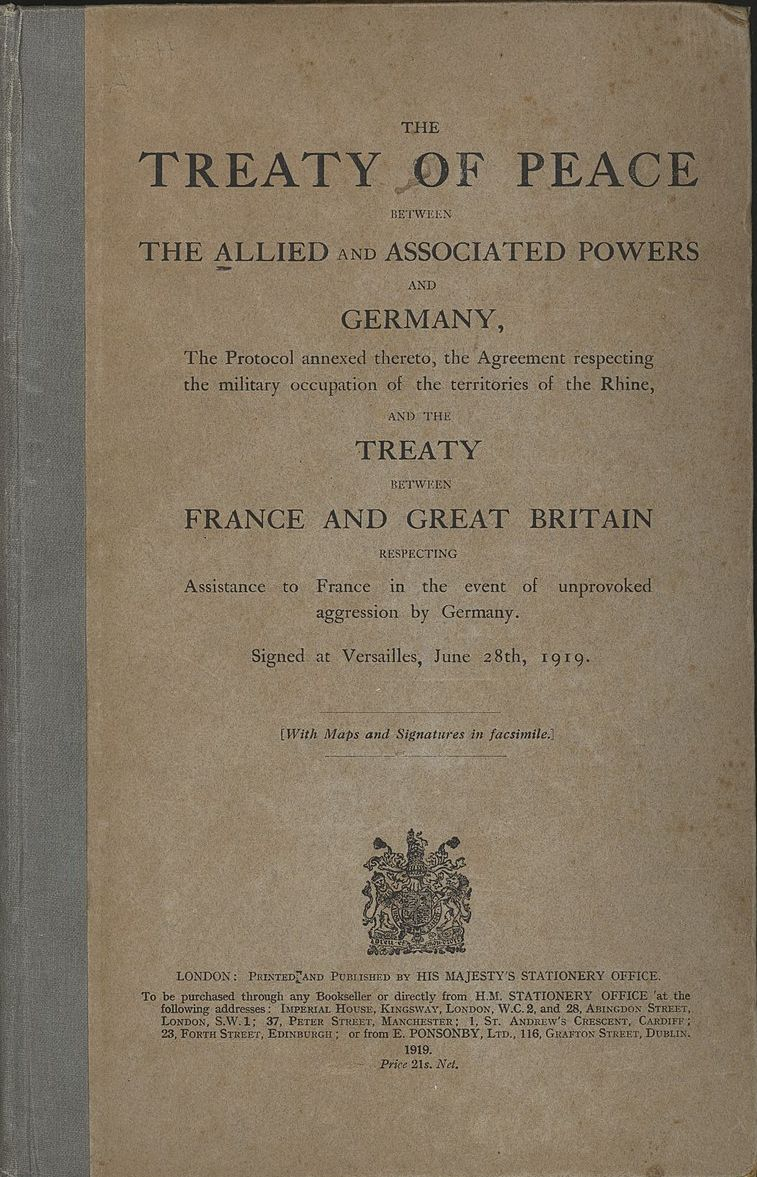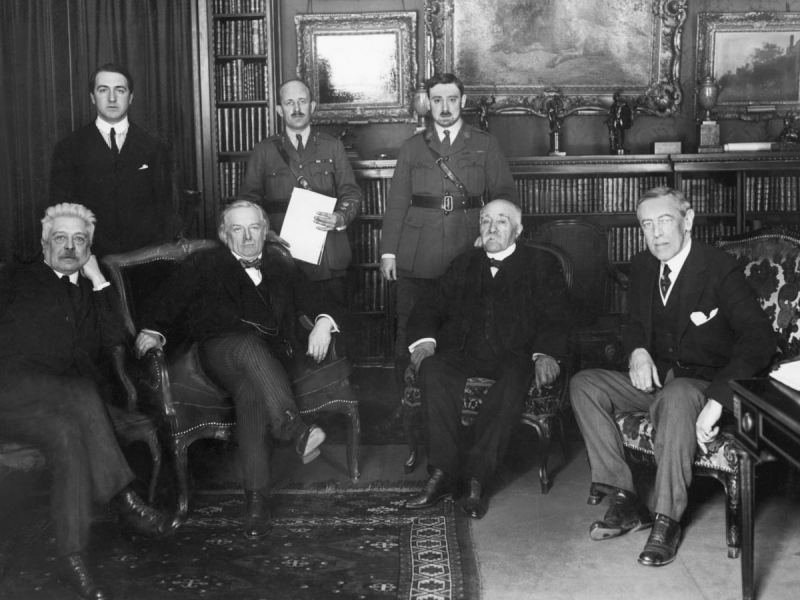Treaty of Versailles
At the close of World War I, one of the most major effects of World War I was the Treaty of Versailles was signed in June 1919 at the Palace of Versailles in Paris, codifying peace conditions between the victorious Allies and Germany. The Treaty of Versailles considered Germany accountable for the outbreak of the war and imposed severe punishments such as territorial loss, large reparations payments, and demilitarization. Far from the "peace without victory" that the United States has advocated.
It featured tough terms that sparked resentment throughout Europe, particularly among the Central Powers, who were required to pay financial reparations. The War Guilt Clause, which held Germany responsible for the commencement of hostilities, was one of the treaty's toughest provisions. It was forced to disarm, pay $5 million in reparations to the Allies, and make territorial concessions. The reparations caused widespread unemployment and hyperinflation in the country, and the national humiliation fueled the emergence of the Nazis (National Socialists) and contributed to the onset of WWII.
The Treaty of Versailles humiliated Germany while failing to fix the fundamental concerns that had led to the war in the first place, as President Woodrow Wilson had articulated in his famous Fourteen Points in early 1918. Economic hardship and hatred of the Treaty of Versailles fueled ultra-nationalist feelings in Germany, resulting in the rise of Adolf Hitler and the Nazi Party, as well as the outbreak of World War II almost two decades later.












